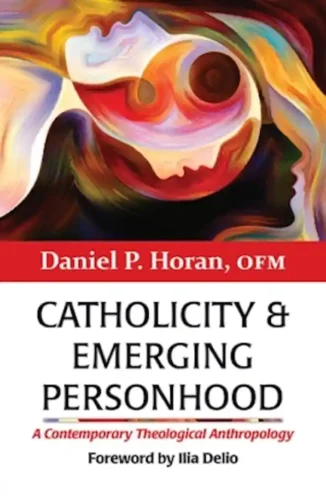I’m often surprised by how a simple act of self-disclosure can upset someone. But if you don’t fit the norm, you would understand how difficult that can be. When I first started working at a Catholic college in campus ministry, as we sought to welcome our LGBTQ students, they told us how hurt and excluded they felt in the school. To our students, it that seemed that administration didn’t care about their identity.
For example, we didn’t have sexual orientation in our non-discrimination clause, nor did we have a separate statement of inclusion. We also did not have a student club for them. Yet together, we collaborated: students, faculty and staff finally approved our first gay-and-straight student alliance to support the work of understanding and acceptance in our community.
Now, many years later at the University of Portland, we have a statement of inclusion and sexual orientation in our non-discrimination clause. But there are still some students, faculty and staff who feel excluded. The members of the last letters of the LGBTQ community feel the most left out. I noticed this several years ago and knew we needed to do more.
The students led the way. They started by using their pronouns and invited us to declare our own pronouns. It seemed simple. I had no idea that there was so much variety and description for their identities. Then, one day, I decided to add them to the tag in my email signature.
It was simply a sign that I was a safe person to talk to, and that this is a place where people can feel welcomed, no matter what their identity is. It wasn’t an endorsement of so-called “gender theory” or a political statement or tacit support for confusion or self-destruction. It’s simply a statement of who I am and that I want to know who they are.
Their identity doesn’t scare me. Rather, I wanted to be welcoming and hospitable, creating space for others.
I sincerely desire to convey to them and reassure them that they are valued and truly belong here. It’s a small way to say I am with you on this journey.
Their identity doesn’t scare me. I wanted to be welcoming and hospitable, creating space for others.
We all have our journeys. For me, this is the simple Gospel message that we offer one another, and try to live out every day, when we say that we love God and love our neighbor. We are all on a journey of self-discovery, and the deepest discovery is that each of us is a beloved child of God.
Yet sometimes, being ourselves can seem both frightening and difficult: for example, when you don’t feel welcomed, or when you sense that there is no place for you as you are, especially when there is no room to express what is in your heart and what your experiences have been.
Sadly, institutional fear can prevent us from hearing the stories of discrimination, misunderstandings and utter isolation until it is often too late. Such situations can suffocate a young person internally and, sometimes, suicide can seem like the obvious choice. It shouldn’t be that way! That’s not the way of love that we know as Christians.
Recently, at chapel, we sang one of our favorite prayers, the Prayer of Saint Francis of Assisi. We cherish the idea that we can be a “channel of peace,” but the reality is sorely missing in our world today and the pathways offered the LGBTQ community are shallow. The hymn’s refrain reminds us how difficult the pathway really is.
We ask God, our Master, “that we may never seek so much to be consoled, as to console; to be understood as we understand; to be loved as to love, with all our soul.”
For me, the use of my personal pronouns is a channel, a way of extending peace to someone who might be hurting and needs to be understood, consoled and loved. With the inclusion of my personal pronouns, I hope to send the clear signal that you’ll find a loving heart and welcoming ear on your journey.




